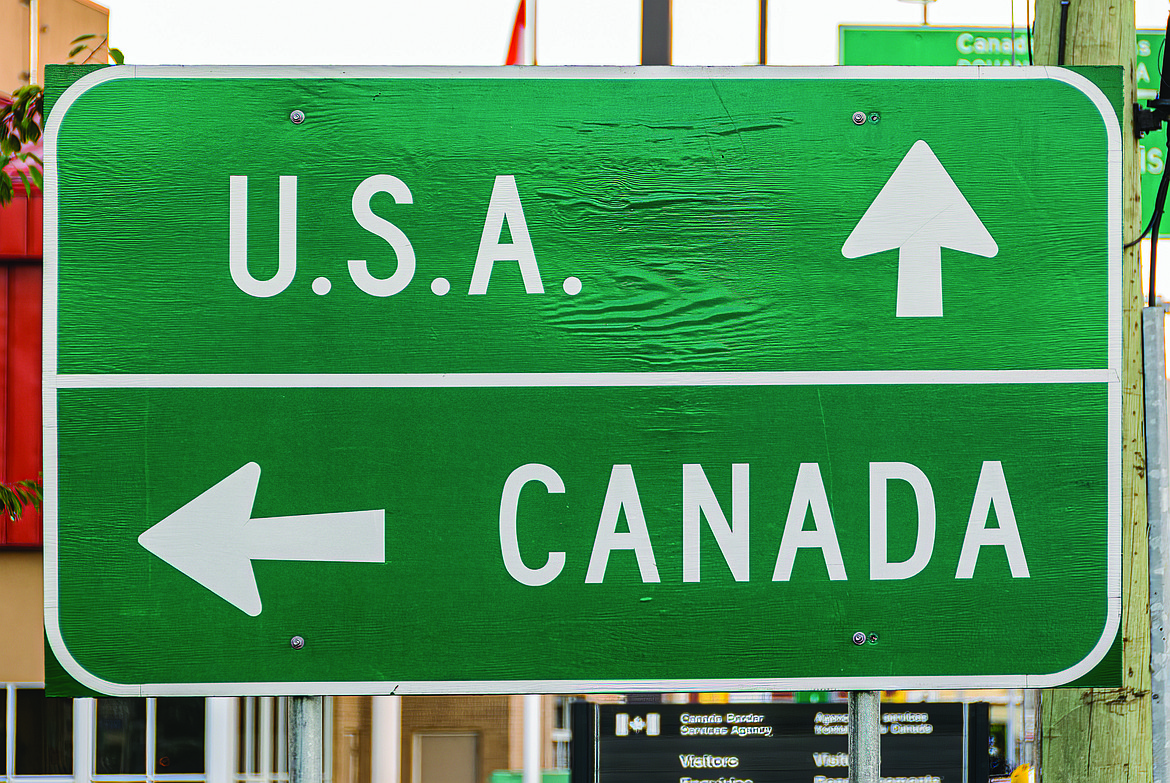Porthill POE hours temporarily expanded
PORTHILL — Hours at the Porthill border crossing will be a little bit longer for the next few months.
The Porthill Port of Entry will now be open from to 7 a...
Become a Subscriber!
You have read all of your free articles this month. Select a plan below to start your subscription today.
Already a subscriber? Login



